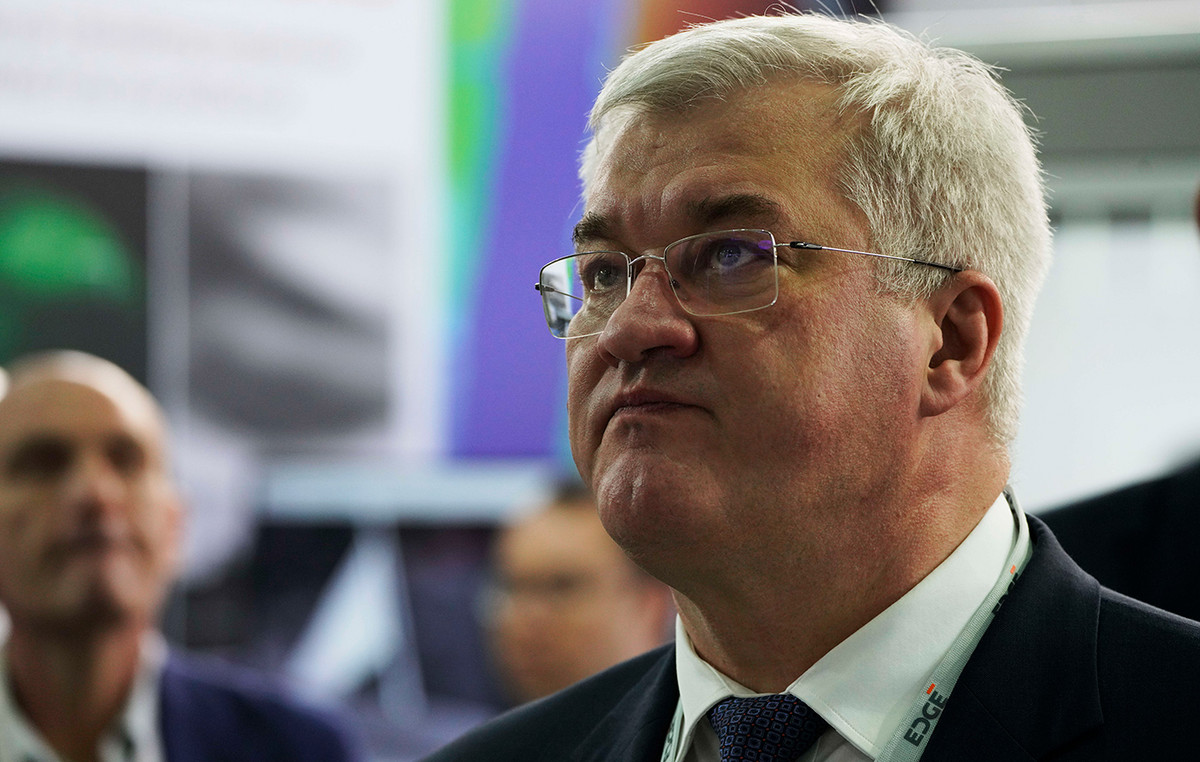Banking institutions will be able to use the electronic shekel as a liquidity buffer, the Central Bank tried to explain the benefits of the project. The CBDC infrastructure is built in such a way that it will allow the regulator to determine the types of data necessary to operate and monitor the system, but at the same time, the Central Bank itself, officials assure, will not have access to confidential information about client balances and their transactions.
Israeli authorities began studying a central bank digital currency back in 2021, but did not announce a specific timeline for the launch of a CBDC. In 2023, BI stated that the demand for the future digital shekel among the country's citizens is extremely low.
Earlier, Central Bank of the Philippines (BSP) Vice Governor Mamerto Tangonan announced that the regulator will complete Project Agila, a pilot of a government digital currency for wholesale transactions, by the end of the year.
Source: Bits
I am an experienced journalist, writer, and editor with a passion for finance and business news. I have been working in the journalism field for over 6 years, covering a variety of topics from finance to technology. As an author at World Stock Market, I specialize in finance business-related topics.







